Room 800 houses the Department of Business Affairs and Consumer Protection: Business Assistance Center. You go up to the person behind the counter who asks you why you are here. When you tell him that you are here to get a street performer's license, he gives you a form to fill out and points to a ticket machine. You take a ticket, sit down to wait your turn, and, even though you are just a street performer, you marvel at the fact that you are in a government office that caters to the needs of businesses.
 |
| This was my ticket. |
The form that you fill out is an application for one of three licenses: "Peddler," "Food Peddler," or "Street Performer."
And in case you're confused about what the three licenses mean... a peddler sells stuff. A food peddler sells... uh.. food. And a street performer sells... er...
...street performers? I sell street performers?
Huh.
At least that's what the clerk wrote on my form (trust me, my handwriting ain't that good).
Anyway!
Thoughts of buskers selling other buskers aside...
(And there are lots of possible jokes here, but I'll refrain from going there...)
But! If you look very closely at the last picture, you'll notice that there's a section "FOR PEDDLERS ONLY." And that section asks for an Illinois Business Tax number.
So what does that mean?
No business tax numbers are required of street performers.
In short, the city wants to know who you are, where you live, when you were born, and how to contact you, but they have no interest (or at least no expectations) of getting tax money out of you.
Why? Maybe they don't expect street performers to make a lot of money. Maybe they're just acknowledging the impossibility of keeping track of these performers' earnings.
What, then, would be the purpose of licensing?
Why did I have to go to City Hall, fill out their forms, and pay $100 fee to get this:
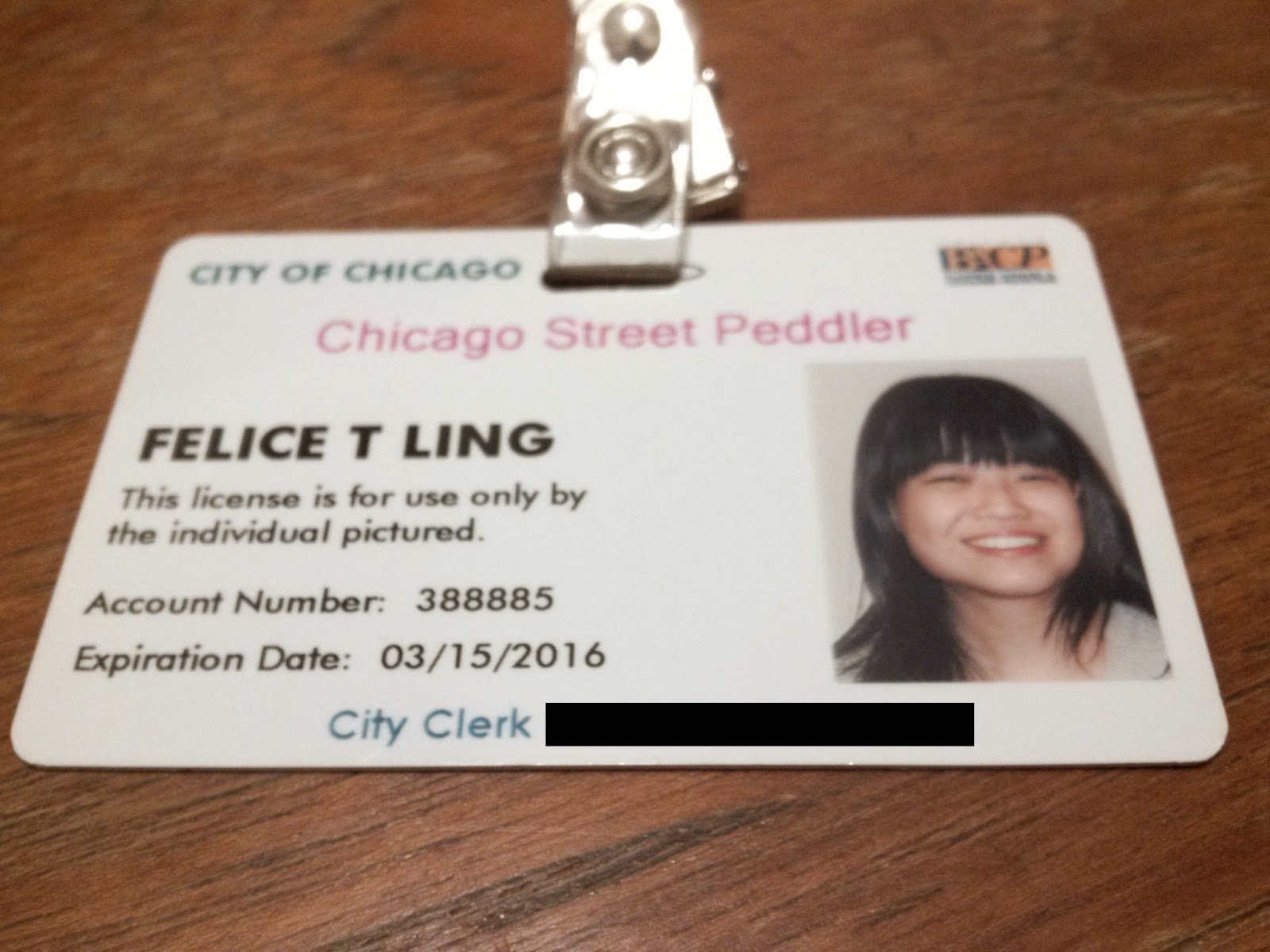.jpg) |
| Look at me! I'm a street ... peddler? |
And having a street performer's license matters. Police officers have come up to me a couple of times and asked to see my street performer's license. I have observed unlicensed street performers picking up their stuff and dashing away as soon as they see the police approach.
And while a peddler's license costs just as much as a street performer's license, and the clerks at City Hall don't seem to think there's much of a difference between the two, police officers have apparently fined other performers for having the wrong one (like I do in the example above).
So again: why does it matter? Why does the city of Chicago have a licensing process for street performers?
The Municipal Code of Chicago clearly defines "public areas" - where street performers specifically can and cannot perform, as well as when they can and cannot perform. On top of that, any anonymous call to the police - a noise complaint from a nearby retailer, for example - means that the performer has to move or face arrest.
Licensing, then, (and this is my argument) is a means of control - of regulating space in favor of local businesses and residents who actually have the money to pay taxes. As one woman, a street performer's fiance (and a Chicago-based teacher) was telling me:
"People would complain, whether people
are residents or the businesses. And the complaints will go back to the police
of course because they go to the meetings. They have to please the Michigan
Avenue Association. It’s a lot of wealth. You have to keep them happy. They
would make the complaints to the police, to the city, so on and so forth, and
they would take action."
Government regulation is thus less about legitimizing buskers through the granting of licenses than it is a means of controlling the street performer's space. The fear is that street performances make noise and obstruct traffic - this fear makes it so that, even if a street performer has become a regular fixture of the city (or a cultural landmark, even), street performers are always in danger of losing their performance spots.
It's something that I'm interested in pursuing further and sharing with you guys - stories from individual performers on some of the encounters that have made it difficult for them to work. And since I am actually currently at the Dallas airport (spent the weekend visiting family), I will have to leave that for another time....
Government regulation is thus less about legitimizing buskers through the granting of licenses than it is a means of controlling the street performer's space. The fear is that street performances make noise and obstruct traffic - this fear makes it so that, even if a street performer has become a regular fixture of the city (or a cultural landmark, even), street performers are always in danger of losing their performance spots.
It's something that I'm interested in pursuing further and sharing with you guys - stories from individual performers on some of the encounters that have made it difficult for them to work. And since I am actually currently at the Dallas airport (spent the weekend visiting family), I will have to leave that for another time....






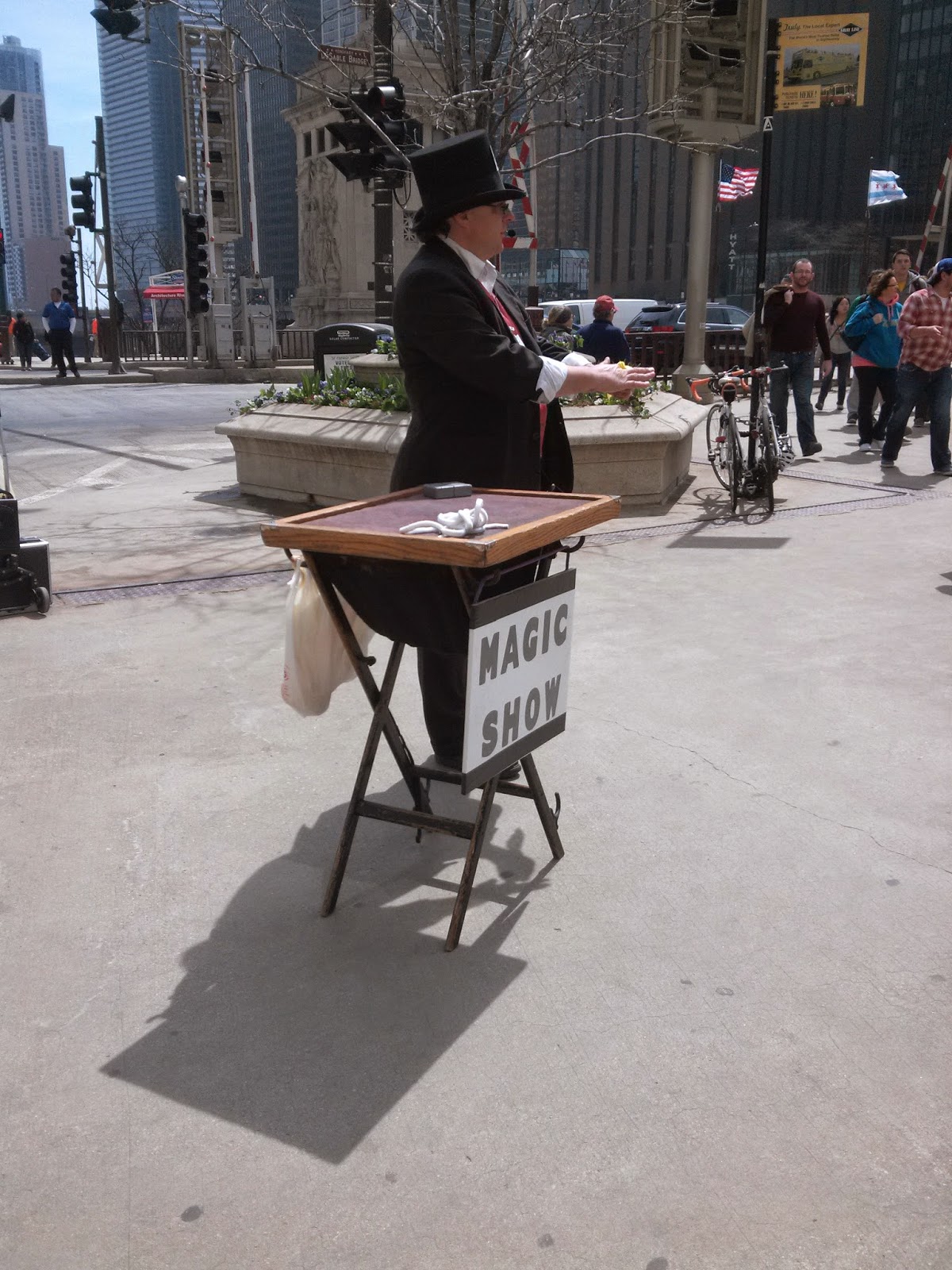

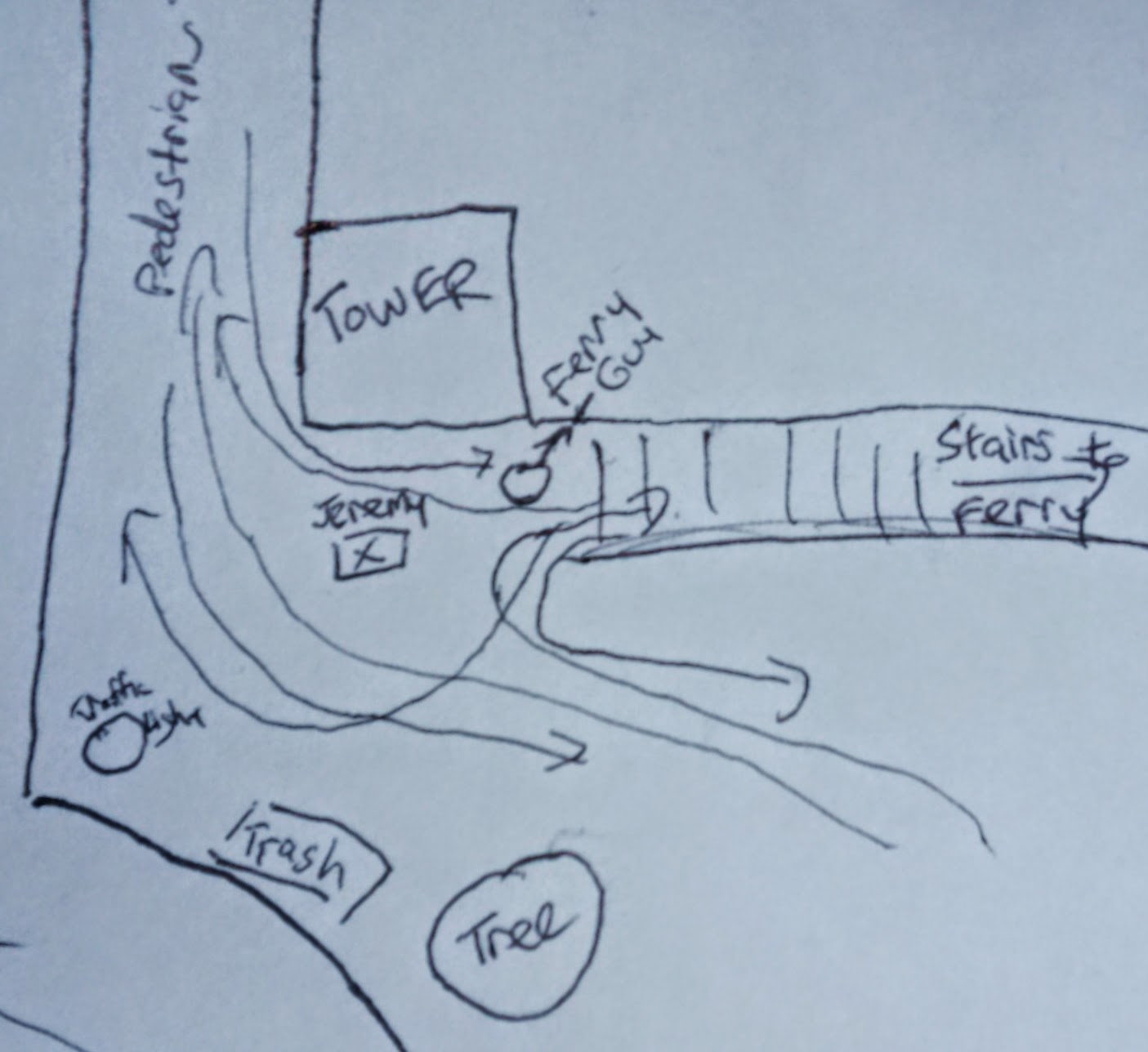
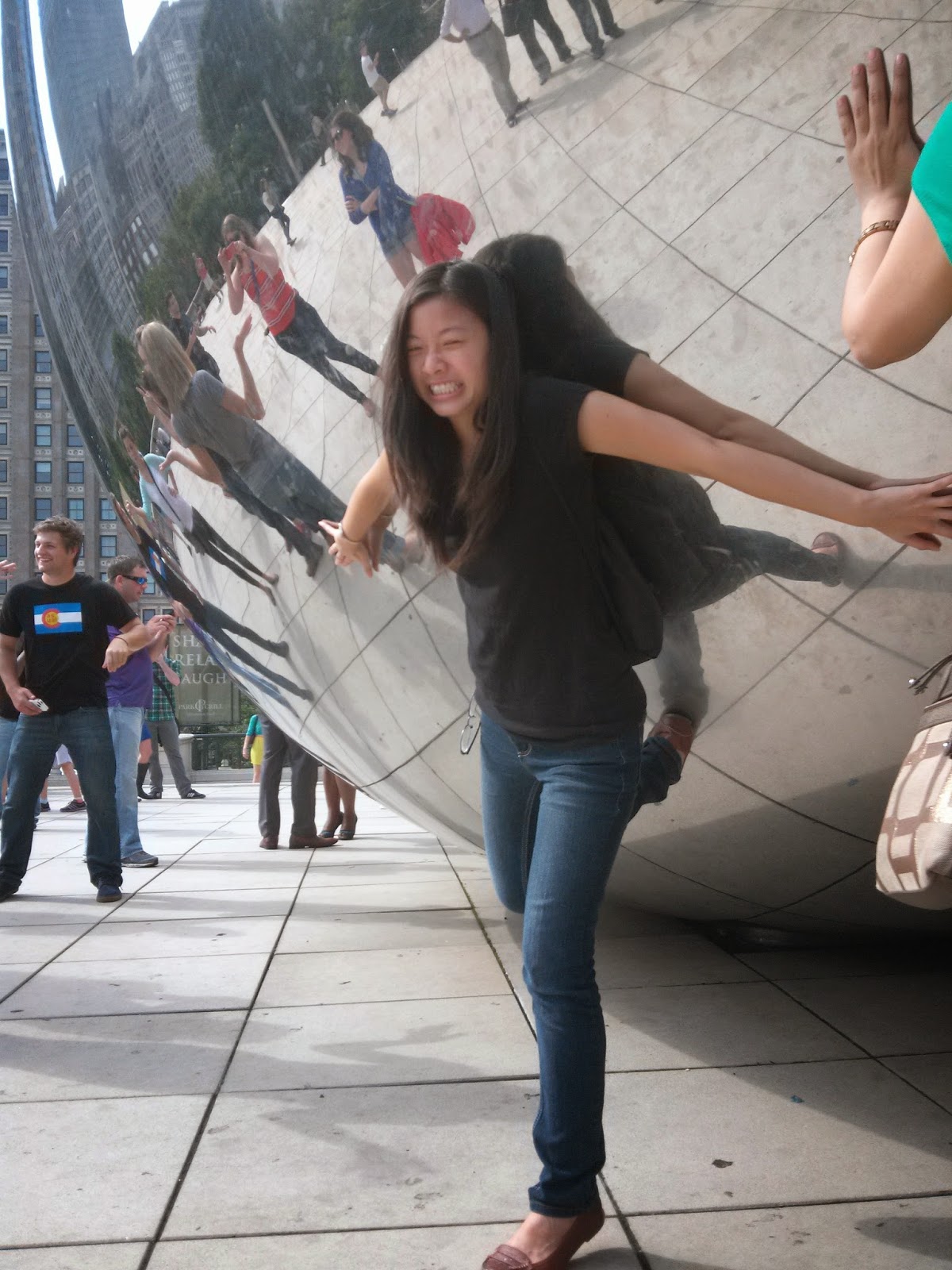






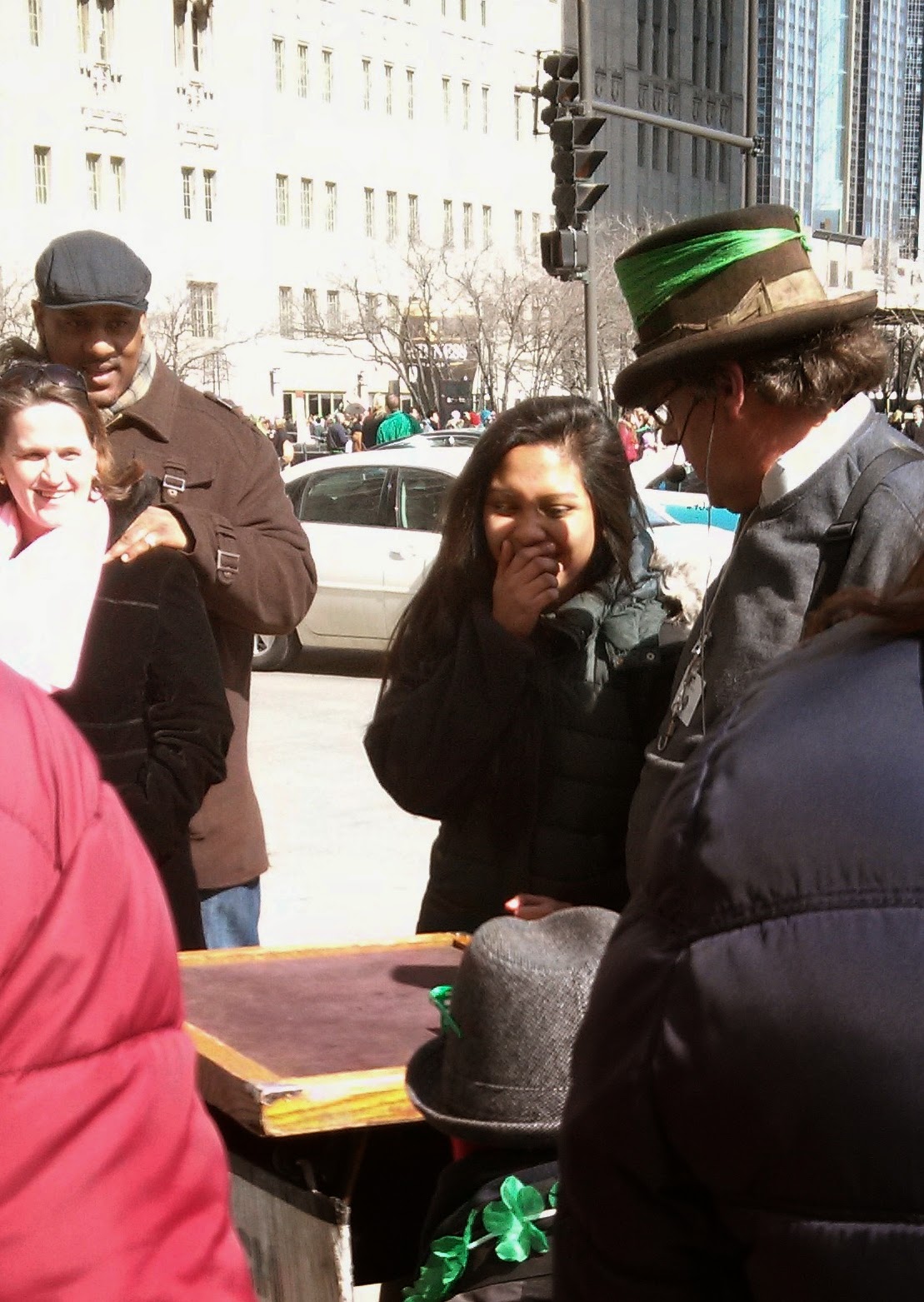.jpg)


